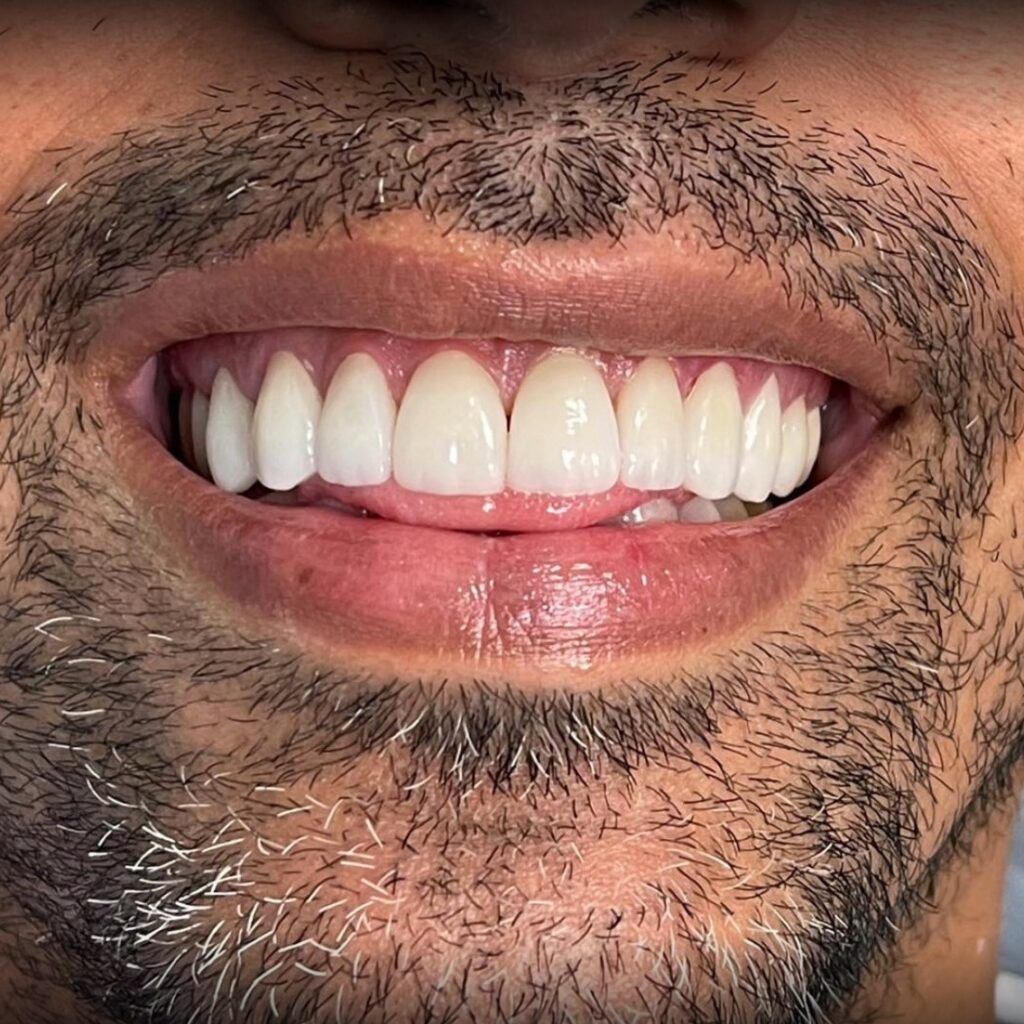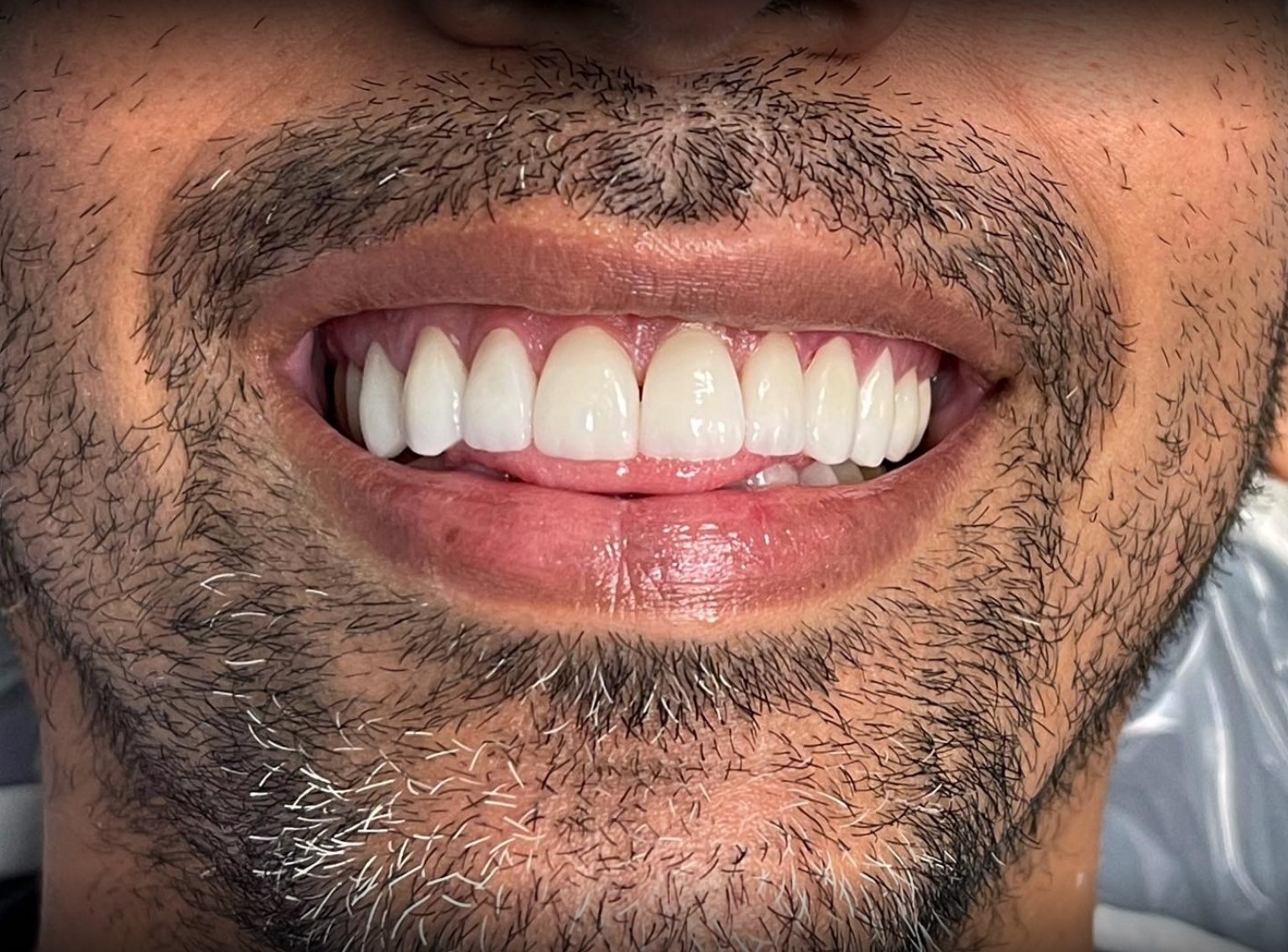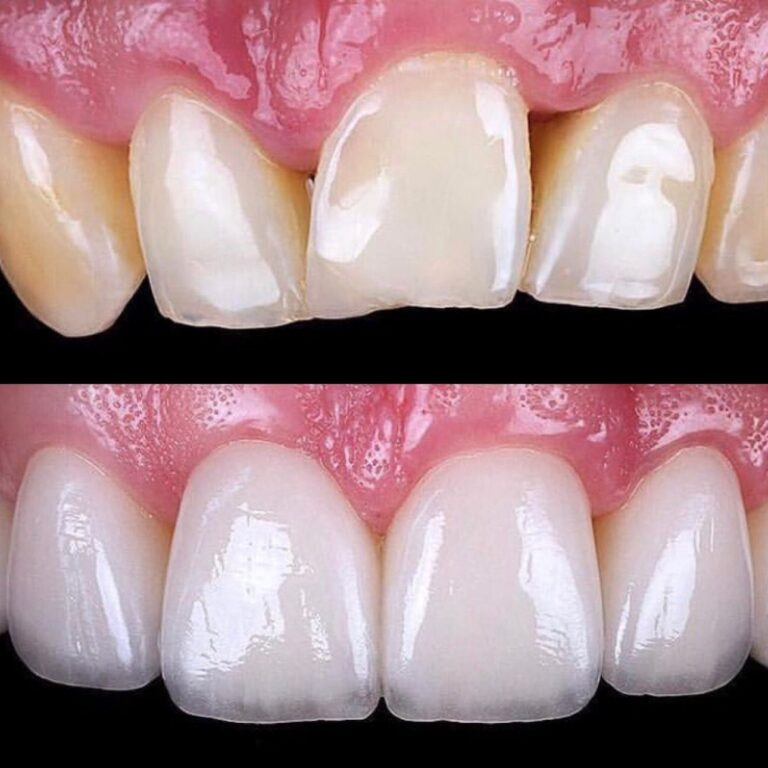The word "Root Canal" and all the subsequent dental work that follow are all terms that any dental patient dreads, but when needed, getting a dental crown done is far from the end of the world. In fact, the right crown can make you much more confident and greatly improve your oral and overall health, …
The word “Root Canal” and all the subsequent dental work that follow are all terms that any dental patient dreads, but when needed, getting a dental crown done is far from the end of the world. In fact, the right crown can make you much more confident and greatly improve your oral and overall health, as well as your appearance.
Who Needs Dental Crowns?
There are many reasons someone might need a dental or temporary crowns.
- If a tooth is severely worn, a crown may be a good option to replace its outer surface.
- When tooth decay or injury leads to a root canal, the natural tooth structure becomes brittle and needs to be protected in order not to need to be removed.
- Sometimes a tooth is misshapen and can cause difficulty chewing, injury to neighboring teeth, or unsightliness. A crown results in a tooth that will fit well in your mouth and will look natural. The crowned tooth feels natural and should function well for chewing.
- If a dental filling or a temporary restoration fails, a crown may be the next option to save the tooth.
Dental Crown Procedure
While we all prefer to keep our natural tooth, sometimes a cracked tooth or large cavity can make this impossible. And while it may seem cheaper in the short term to just extract the bad tooth, this can have adverse effects on surrounding teeth, opposing teeth, and surrounding bone.
The entire process of getting a dental crown takes two visits to the dentist’s office and perhaps a couple of weeks.
- The crown procedure includes taking a mold of the affected tooth and sending it to a dental lab so they can make your new crown in an appropriate shape. The damaged tooth will be reshaped to fit under the crown. Local anesthetic will be used to ensure a painless procedure.
- A temporary crown may be put in place with dental cement while you wait for your permanent crown to be completed. This temporary crown will not be very sturdy but will prevent the prepared tooth structure from being injured, and will look enough like a natural tooth that no one will notice it at a glance.
- At the second visit the temporary crown will be removed and your permanent crown placement will occur over the prepared tooth. The dentist will ensure that the crown fits and feels natural before sending your home.
Crown Material Choices
Dental Crowns can be made from several different materials, depending on budget, time frame and the capabilities of various dental offices.
- Metal crowns are one of the oldest options, with recorded use of the gold crown going back centuries. They are still used today when durability is required. Stainless steel crowns are a modern option that may be more affordable than the more commonly known gold alloy or gold crowns. Metallic crowns are still used today, though they are less common than other materials.
- Porcelain fused to metal crowns are even more common today than metal crowns. They look more like normal teeth, since the metal core is covered with tooth colored porcelain. But if the gum line recedes at all it may reveal an unsightly dark line of metal.
- A porcelain crown, while appearing more natural than porcelain fused to metal, tends to crack more easily and needs to be treated carefully. They are also more expensive than porcelain fused to metal. Same day crowns are generally porcelain crowns and are therefore more fragile than crowns that take longer to craft.
- Zirconia crowns are natural looking and attractive but are very hard, to the degree that they can damage other teeth and should be used with care.
- Composite resin crowns, similar to the material used for dental filling material, is a new option that has recently been pioneered. This promising new field is not yet widely available.
- All ceramic crowns, especially those made of lithium disilicate, are as strong and durable as metal crowns, yet have a higher translucency than crowns made from porcelain fused to metal, making them appear more like natural teeth. They also will not wear out the opposing tooth the way zirconia crowns do. According to the American Dental Association, lithium disilicate crowns are among the most durable and natural looking available today.
Your New Smile
Getting a dental crown can seem intimidating, but the benefits of dental crowns are substantial.
- A broken tooth is vulnerable to infection and will have to be removed eventually. Crowning the tooth could save you from needing an extraction, which could result in an unsightly gap or the need for a much more costly implant.
- A missing or damaged tooth makes chewing more difficult, and chewing forces become unequally distributed, leading to more tooth problems.
- Dental crowns made from modern ceramic materials are strong and look just like natural teeth, restoring your confidence in your smile.
- Front teeth are especially important for your self confidence and attractiveness. Even an undamaged tooth can be helped by a crown if it is crooked or otherwise unattractive.
Other Options
Dental crowns are only one option for dealing with damaged or unattractive teeth. There are many choices, limited by the time and money you are willing to invest.
- Veneers can improve the appearance of unattractive but otherwise undamaged teeth, instantly upgrading your smile.
- Implants are a strong and permenant option when your tooth structure is inadequate to support a crown. Much more expensive than dental crowns, they are also much more durable and can be made to be virtually indistinguishable from your other teeth.
- A dental bridge is a good option when two or more teeth beside each other have been damaged or removed.
Dental Care
If you hope never to need a dental crowns again, carefully follow your dentist’s directions for oral care. Use fluoride toothpaste and dental floss daily and attend regular visits to the dentist’s office.
If you find that you need a crown, the sooner you begin your dental restoration, the better. A bad cavity can cause tooth decay in adjacent teeth. Delay in dental restoration can also cause weak tooth structure, making a crown impossible and extraction necessary.
Temporary Crown
After your initial appointment and before the completion of your dental crown procedure, you will be fitted with a temporary crown. It is a place holder to protect the tooth until the permanent crown can be put in place, but it requires extra care. Floss and chew with caution, as temporary tooth crowns are only glued in place and are also more delicate than a permanent crown.
If your temporary crown does break or come loose, try to save it to bring to the dentist so that it can be put back in place if possible. If it is lost a new temporary crown can be put in place. But don’t wait for the second appointment of your permanent dental crown procedure with an uncapped tooth, as the tooth will be very vulnerable to damage and infection and needs to be protected in order to be ready for the dental crown.
Permanent Crown
Once the dental lab has completed your new dental crown, you will have it implanted at your second visit to the dentist’s office.
- Once you have a crown, the care that the crowned tooth requires is quite straightforward.
- Try not to do things like chewing ice that can cause even a strong crown to crack or chip. A chipped crown could result in needing to have it replaced. Porcelain crowns are easier to crack than materials like lithium disilicate which have much more strength, but it is always good to exercise care when it comes to your expensive crowns.
- Dental visits may be required if your crown feels loose.
- Good oral hygeine is still necessary, as without it gum disease sets in and the crown falls out, and other teeth will still need to be cared for.
Dental Implant
If you and your dentist agree that a crown is the wrong option, the remaining choice is a dental implant. this procedure is much longer and more involved, and much more expensive, but the result is a very durable new tooth that needs little if any special treatment.
Do You Need a Dental Crown?
It is important to seek regular dental care from a trusted dentist. Most dental crowns that are implanted are necessary under the circumstances, but their necessity is often very preventable with good hygiene and care. However, if your dentist does say that you need a crown, it is important to see to it as soon as possible. Delaying a root canal for a damaged or infected tooth can lead to much more substantial problems and even dangerous infections. Find a dentist you can trust to give you the best crown you can afford, and you will soon be able to love your smile again.





